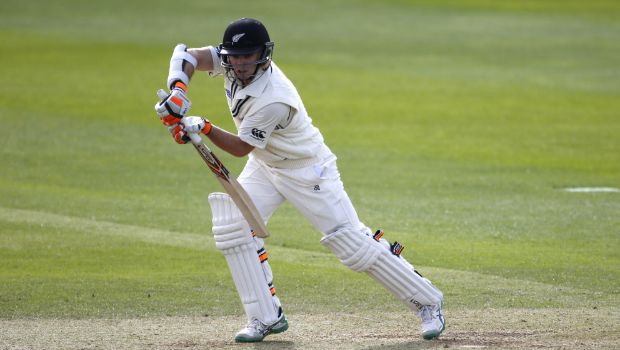New Zealand skipper Tom Latham believes they were in a great position in the run-chase of 386 runs against India in the third ODI at the Holkar Cricket Stadium, Indore on Tuesday but lamented the fact that they lost too many wickets after their 90-run loss.
The Kiwis were 184-2 after 25 overs in the chase and were on the right track to pull off the score. However, they lost the next three wickets for only 16 runs, putting them on the back foot.
Meanwhile, Devon Conway played a perfect knock for the Kiwis as he scored 138 runs off just 100 balls with the help of a dozen fours and eight sixes but he didn’t get support from the other end as no New Zealand batter was able to go past the 50-run mark.
Latham also feels the start with the ball wasn’t great for them. The visiting captain had won the toss but Shubman Gill and Rohit Sharma laid the foundation of a big score as they added 212 runs for the opening stand.
In fact, it looked like India would go past the 400-run mark after their brilliant start but the New Zealand bowlers were able to pull back things. In the end, New Zealand fell short by 90 runs as their middle order failed to put up a fight.
Shardul Thakur was the pick of the bowlers as he scalped three wickets and provided crucial breakthroughs in the middle overs.
Tom Latham said in the post-match presentation, “I think the start with the ball wasn’t great. Fantastic partnership, but we pulled it back to 380. We were in a great position in the chase, but we lost too many wickets. This is our last experience before the World Cup, so we have got an idea. We wanted to build depth and it’s been a great experience for everyone. The more you are in these situations, the more you learn.”
India was able to clinch the series by 3-0 and with it, they climbed to the numero uno position in the ICC ODI rankings. On the other hand, New Zealand will be disappointed with their performance in the last two matches as they were totally dominated by the home team.
New Zealand will now take on India in the three-match T20I series.


























